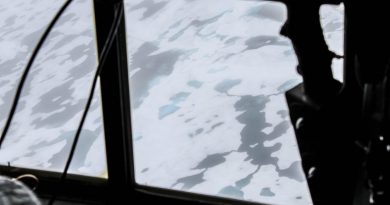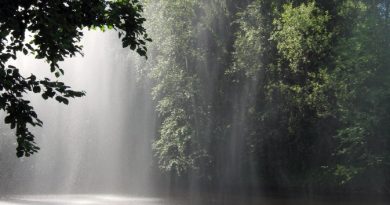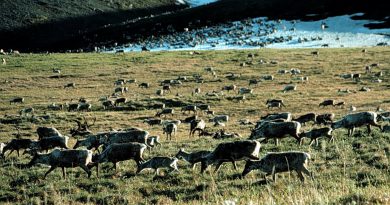King salmon returns slowing, Alaska managers roll out closures

Abysmal king salmon returns to the Kenai River already have fisheries managers curtailing fishing in one of Alaska’s most popular fisheries — and wondering what’s next.
The Alaska Department of Fish and Game ordered closures on the Kenai and Kasilof rivers for personal-use and sport fishermen Tuesday.
“When you look at numbers going to the Kenai, it’s alarming,” area commercial fisheries biologist Pat Shields said Tuesday. “It’s forced our hands.”
Saving a handful of kings
Beginning Thursday, the Kenai River from the mouth upstream to Skilak Lake will be closed to king salmon fishing. King salmon may not be targeted or retained. Fish cannot be removed from the water if accidently hooked.
Also closed is the personal-use set gillnet fishery at the mouth of the Kasilof River. That fishery, though limited in size because of space restrictions in the area, is considered a counterpart to the Kenai River personal use dip net fishery — some people prefer to use boats and small set nets rather than wading through the water with dip nets.
That 10-day fishery opened June 15 and was set to go until June 24. By cutting the period to fish in half, biologist Shields estimates about 50 king salmon — some of which could make it to the Kenai — will be saved.
“Yes, we’re closing a popular fishery to save a handful of kings,” Shields said.
Early-run king salmon — the first group to pass through the Kenai — are about 60 percent through their run, according to Fish and Game. As of Tuesday, the cumulative estimate of king salmon to have passed by the sonar at river Mile 8.9 was 969 fish. By this date during last year’s lousy run, 3,575 fish had passed the same spot.
Praying for late king surge
Without a sudden late burst of kings, the early season escapement goal, a minimum of 5,300 fish, will not be met. The counting of a second Kenai king run begins July 1. Fisheries biologists aim for 13,000 spawning kings from both runs to maintain a healthy population, and they may need more than 9,000 second-run spawners to come close.
Despite what is by all accounts a late start to the season, managers are still being cautious about what could be another potentially disastrous season on the Kenai.
A year ago, with king salmon returning at record low numbers, fisheries managers imposed harsh restrictions on sport and commercial fishermen in and near the Kenai. Sport fishermen were severely limited with gear restrictions and closures, while some commercial fishermen, particularly set netters, were beached for most of the season.
Whether the lame early run indicates stricter measures are coming is unclear. Shields said the department has much to consider before deciding how to handle the commercial fisheries. The early-run king salmon run ends on June 25, with the first set-net fishing period for the far-more numerous red salmon set to open two days later. Last year’s closures were designed to protect the few king salmon set-netters caught while fishing for reds.
“We’re going to wait as long as we can on that one,” he said of possible commercial restrictions.
Some set-netters, including Paul Shadura, board director of the Kenai Peninsula Fisherman’s Association, are optimistic the department will be prudent in its management actions.
“We don’t expect us to be the only fishery (impacted by closures) and we don’t expect another user group to be one either,” he said. “It has to be a prudent balance between overreaction and precautionary approach.”
Contact Suzanna Caldwell at suzanna(at)alaskadispatch.com



